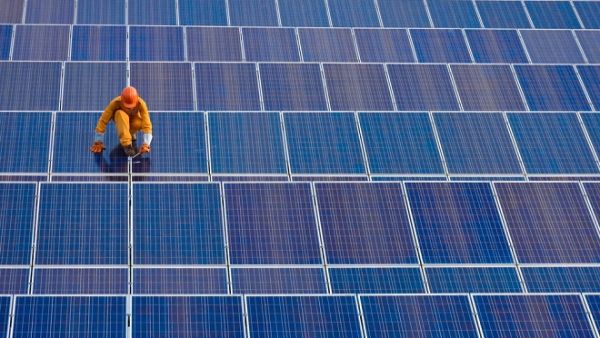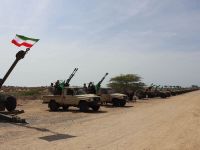The level of awareness of the need to develop green and sustainable environments is rapidly increasing across the Gulf region, and there are concerted efforts across the region to promote smart practices.
According to the International Renewable Energy Agency (IRENA), Gulf countries have rising energy demand and regional electricity consumption is growing at almost 8% a year, and the six countries are in the top 14 per capita emitters of carbon dioxide in the world.
- Saudi Arabia Accelerates Plans For Renewable Energy
- Dubai Breaks All Records With Launch Of World's Largest Solar Power Project
- The Power Within: Saudi Arabia To Explore Geothermal Energy
According to a report by MEED titled ‘Renewable Energy in the Mena Region 2017,’ the MENA region requires an estimated $200 billion worth of investment in the coming years to meet the increasing demand for power. This is in addition to the upgrade of existing facilities to accommodate the surge.
Saudi Arabia is set to reduce its dependence on oil and enable sustained and diversified economy. The Kingdom aims to generate 70% of its power from natural gas. The remaining 30% is planned to be produced from renewable and other sources.
The UAE is promoting renewable energy to meet rapidly growing energy demand and to preserve as much of its domestic oil for export as possible. In 2011, the Dubai government set a target to generate 1% of all energy from renewable sources by 2020 and 5% by 2030. The country currently generates approximately 80% of its electricity from natural gas. In fact, it is one of the few countries in the region taking a comprehensive approach towards solar through initiatives such as Shams Dubai.
Kuwait is seeking to build renewable energy capacity to preserve its oil and natural gas resources for export.
Bahrain has a target to achieve 6% national electrical energy efficiency by year 2025, and a 5% contribution from renewable energies by the year 2025, rising further to 10% by the year 2035. The Minister of Electricity and Water Affairs explained that the Kingdom of Bahrain has increasingly recognized the growing importance of renewable energy as demand increases. In particular, solar photovoltaic systems have been a particular focus of interest for the Kingdom. In fact, CESI was tasked by the Sustainable Energy Unit to find solutions which include connecting renewable generation projects, increasing solar distributed generators and providing recommendations to speed up the growth of the PV market.
As the energy sector in the GCC moves toward a greener economy, sustainability, renewables, energy efficiency, energy trading, interconnections with neighboring countries and regions to meet future demand and requirements, quality assurance and quality control of related components will become of the utmost importance to prevent setbacks in these important new developments.
This article has been adapted from its source.








